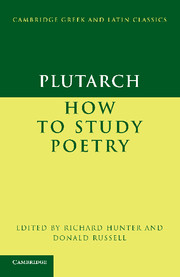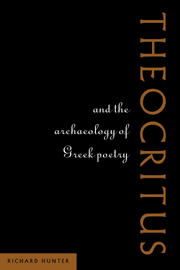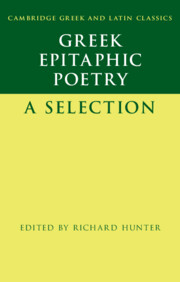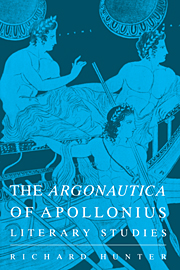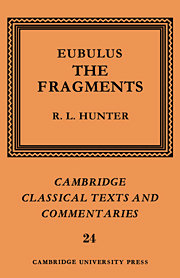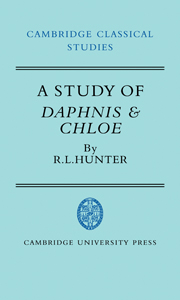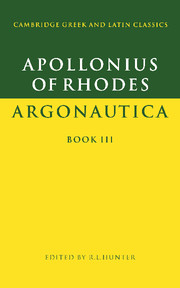Plutarch: How to Study Poetry (De audiendis poetis)
Plutarch's essay 'How to Study Poetry' offers a set of reading practices intended to remove the potential damage that poetry can do to the moral health of young readers. It opens a window on to a world of ancient education and scholarship which can seem rather alien to those brought up in the highly sophisticated world of modern literary theory and criticism. The full Introduction and Commentary, by two of the world's leading scholars in the field, trace the origins and intellectual affiliations of Plutarch's method and fully illustrate the background to each of his examples. As such this book may serve as an introduction to the whole subject of ancient reading practices and literary criticism. The Commentary also pays particular attention to grammar, syntax and style, and sets this essay within the context of Plutarch's thought and writing more generally.
- First full commentary on this unusually fascinating text
- Offers full help with grammar, syntax and style to help student readers
- Provides a wide range of background material and context, enabling the book to serve as an introduction to the whole range of ancient reading practices and literary criticism
Reviews & endorsements
"This edition by Richard Hunter and Donald Russell of Plutarch’s major treatise on education and literature represents the Cambridge "Green and Yellow" commentaries at their best. It provides a wealth of information on sources, parallels, style, and the structure of the argument, yet does not neglect the needs of the mid-level student of Greek, helpfully explaining abstruse words and difficult expressions … Hunter and Russell have produced a major work of scholarship, invaluable for understanding ancient ideas of literature and its function. It belongs in the library of anyone interested in how the ancients read."
Classical World
"It is one of the most informative and intriguing of the studies on ancient reading that I have encountered in some years."
Peter Toohey, Comptes Rendus
Product details
No date availableAdobe eBook Reader
9781316138380
0 pages
0kg
This ISBN is for an eBook version which is distributed on our behalf by a third party.
Table of Contents
- Introduction
- Text
- Commentary
- Bibliography
- General index
- Index of passages discussed.

